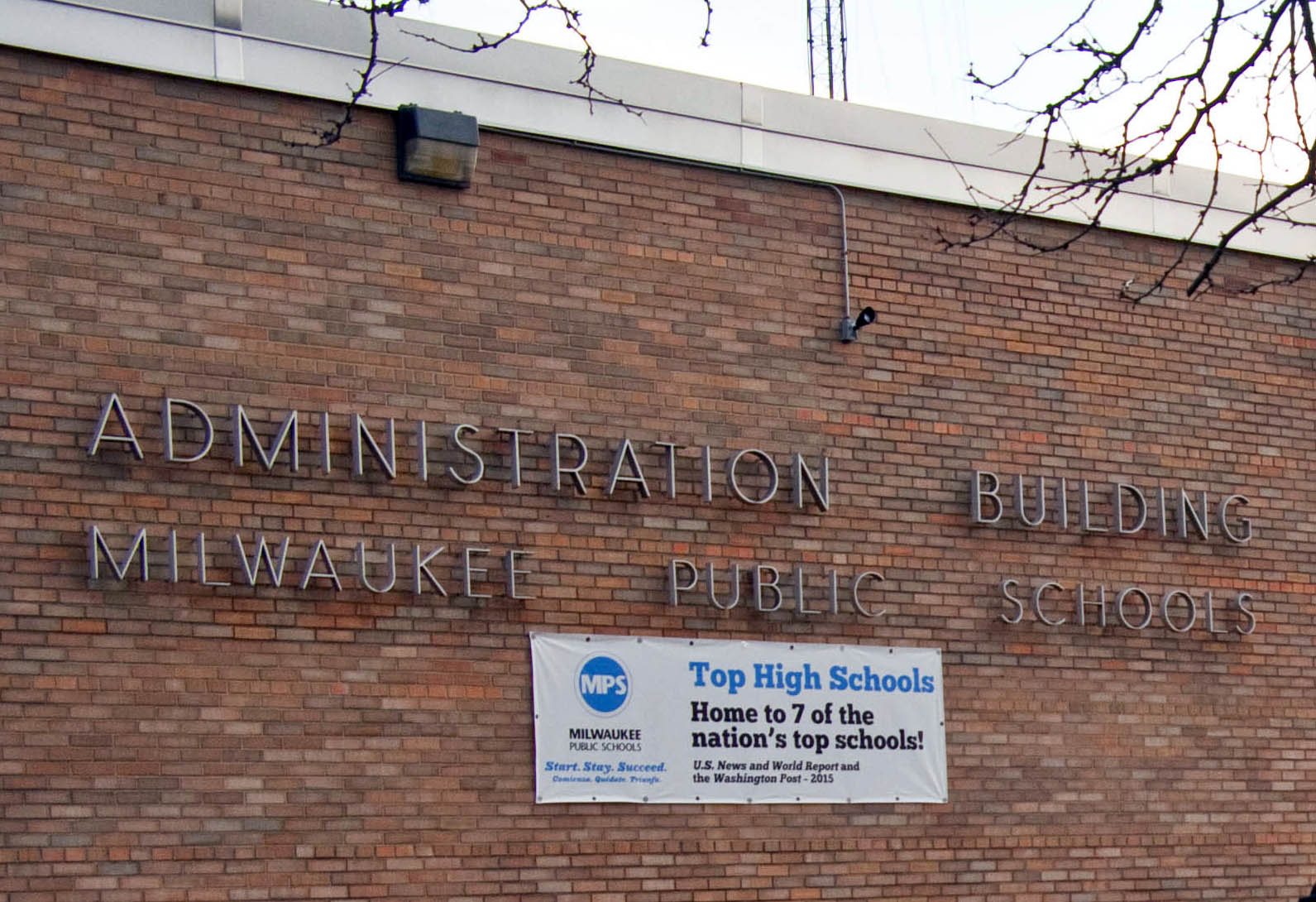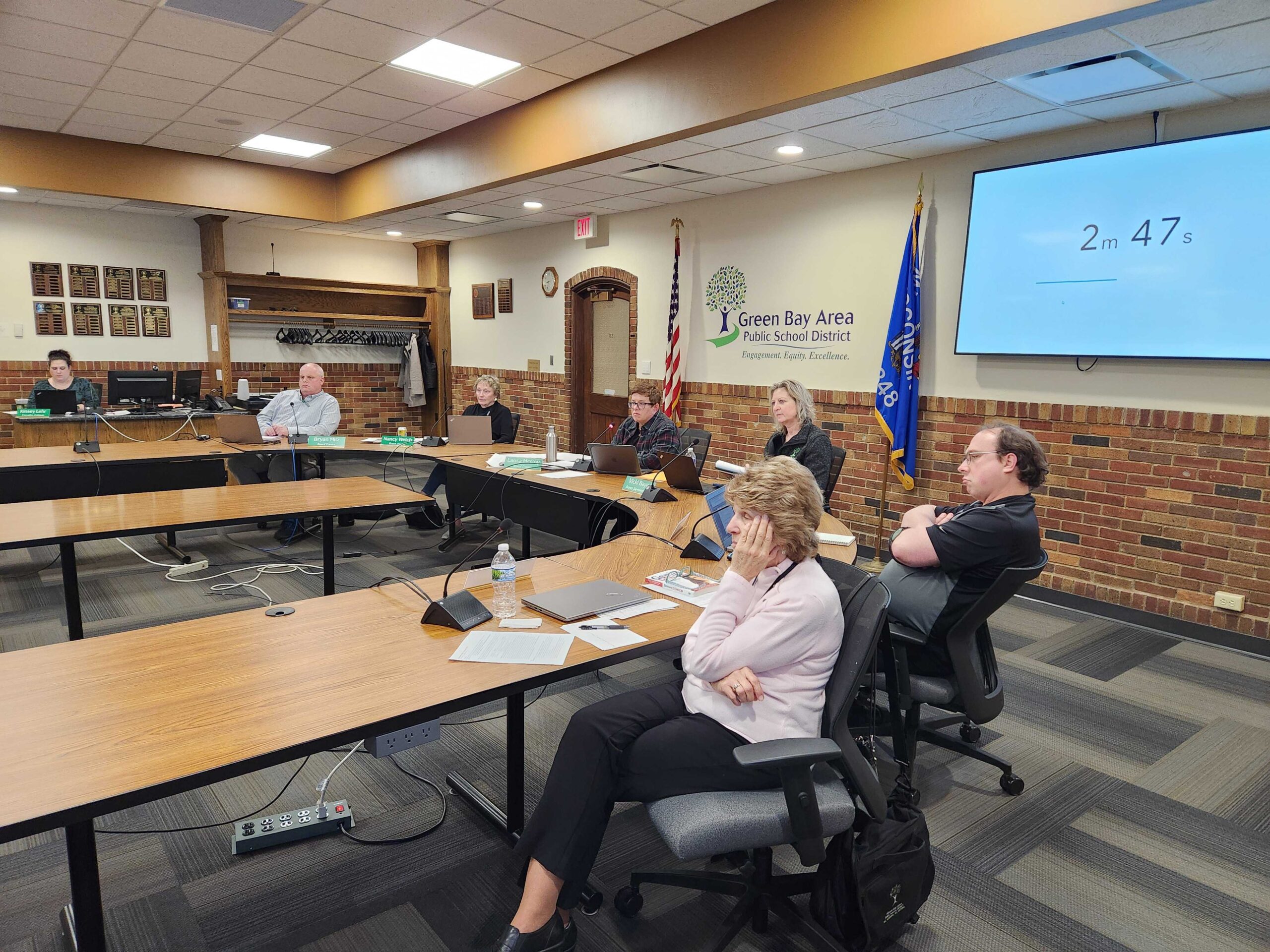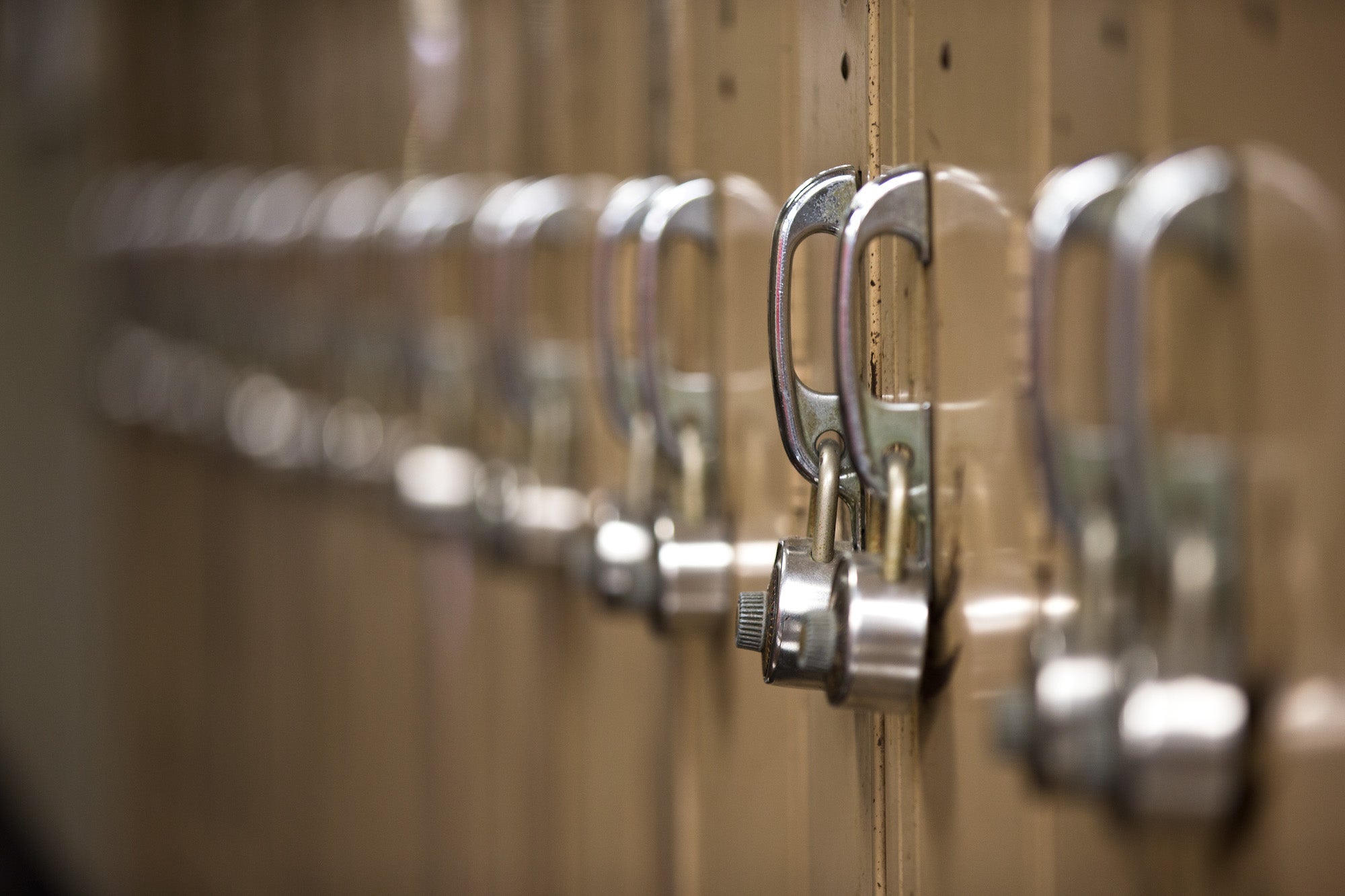We take a look back at the most significant recent state news in our Wisconsin News Roundup, including a new memo that says Wisconsin could have a nearly one billion dollar transportation shortfall in the next budget cycle. Then Eau Claire band Kalispell shares some of the rewards and challenges of life on the road making music. We also talk about the pros and cons of having school police officers as a Madison school district plans to take another look at its decision to have police officers in public schools.
Featured in this Show
-
State News Roundup For July 29, 2016
A memo from the Legislative Fiscal Bureau says Wisconsin could face a shortfall of nearly a billion dollars for transportation projects in the next budget. A news editor joins us to talk about this and other top state stories from the last week.
-
Eau Claire's Kalispell Mixes Personal Lyrics In A Melting Pot Of Musical Styles
Drawing upon influences ranging from Appalachian folk to Gamelan music, Eau Claire’s Shane Leonard and his band, Kalispell stopped by the WPR studio to play songs from their new album, Printer’s Son, and talk about navigating the continual tension between the love of making music and the wear and tear of being on the road playing that music.
Video highlights and audio of the artist’s entire performance in WPR’s Buck studio.
-
Does Having Police Officers In Schools Help Or Hurt Students?
A Madison, Wisconsin school board is planning to take a second look at its decision to have police officers in public schools this August. The last decade has seen national conversations over whether having police officers in schools is more likely to keep students safe or if its more likely to criminalize low-level offenses. We talk to our guest about the pros and cons of having school police officers.
-
Police On School Campuses In Question Following Negative Reports
The Madison Metropolitan School District’s Board of Education is reconsidering its decision to have police on campus.
The school district has a three-year contract with the city’s police department to put police officers in some of the high schools. But, a handful of cases have caused some parents and board members to question whether officers are using too much force on students.
In one of the cases, the mother of an autistic high school girl told the Capital Times that her daughter was arrested by a school police officer, rather than receiving the help she needed to deal with anxiety over attending a class.
Officers stationed on school campuses — commonly referred to as School Resource Officers, or SROs — and the Madison school district are part of a larger national conversation on whether their presence is helping or hurting students.
Police presence on school grounds has become increasingly common, said Jason Nance, a law professor and director of the Center on Children and Families at the University of Florida Levin College of Law.
“The first police officer that was permanently assigned to a school was in the 1950s, that happened to be in Flint, Michigan,” Nance said. “Since that time, we’ve seen a dramatic increase in the number of police officers that are assigned to schools.”
Nance said researchers believe about 100 police officers were in schools in the late 1970s. While it’s unclear how many officers are in schools at the moment, Nance said the U.S. Department of Education estimates that in 2013-14 there might have been as many as 30,000 SROs.
The Washington Post reported last month on some of the “eye-opening figures” from the department’s latest civil rights data:
“The data show that 850,000 high school students didn’t have access to a school counselor. Meanwhile, 1.6 million (k – 12th grade) students attended a school that employed a law enforcement officer but no counselor.”
“In fact, 24 percent of elementary schools and 42 percent of high schools had a law enforcement officer on staff. Among high schools in with more than 75 percent of students were black or Latino, more than half had an officer patrolling campus.”
Proponents of having police on campus say schools are safer having a trained law enforcement official nearby to intervene and even prevent violence from breaking out. Moreover, they argue that SROs are able to build relationships with young people in a time when trust is strained between law enforcement and the communities they serve.
However, a recent congressional research report provides conflicting evidence to the effectiveness of SROs, Nance said. And, in his own research, Nance found police at schools contribute to the criminalization of school discipline, a symptom known as the school-to-prison pipeline.
In his research, Nance examined the probability of a student being referred to law enforcement and sent through the criminal justice system when a campus featured SROs.
“I found that even after controlling for other variables … that once an SRO has a weekly presence at the school, or regular contact with the school, that it is much more likely that the students will be referred to law enforcement, even for … these lower level offenses,” said Nance, adding that some of those low-level offenses included vandalism and theft.
It’s important to recognize the detrimental impact of sending students to juvenile detention centers, or even jail, he said. Research shows those students are later affected when trying to secure housing or find employment and that it also reinforces violent behavior and doesn’t serve as a deterrent.
The impact might even go beyond the individual students involved, Nance said. School police officers create a punitive environment on campus, one that doesn’t attract good teachers, middle-class students and overall depresses student learning.
Episode Credits
- Rob Ferrett Host
- Veronica Rueckert Host
- Rob Mentzer Guest
- Kalispell Guest
- Jason P. Nance Guest
- Karl Christenson Producer
- Haleema Shah Producer
Wisconsin Public Radio, © Copyright 2025, Board of Regents of the University of Wisconsin System and Wisconsin Educational Communications Board.


